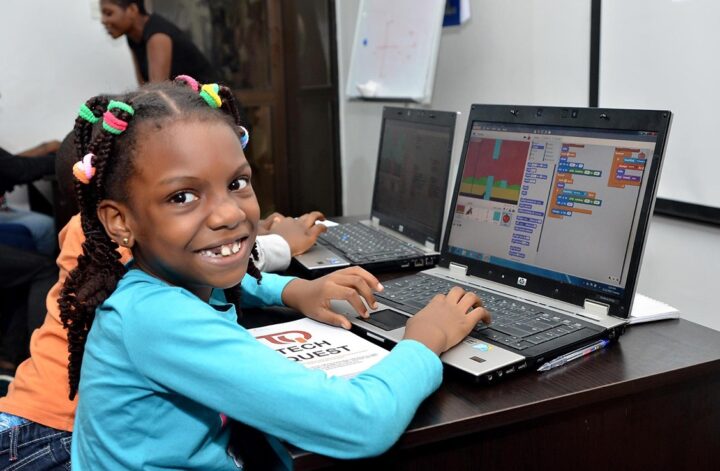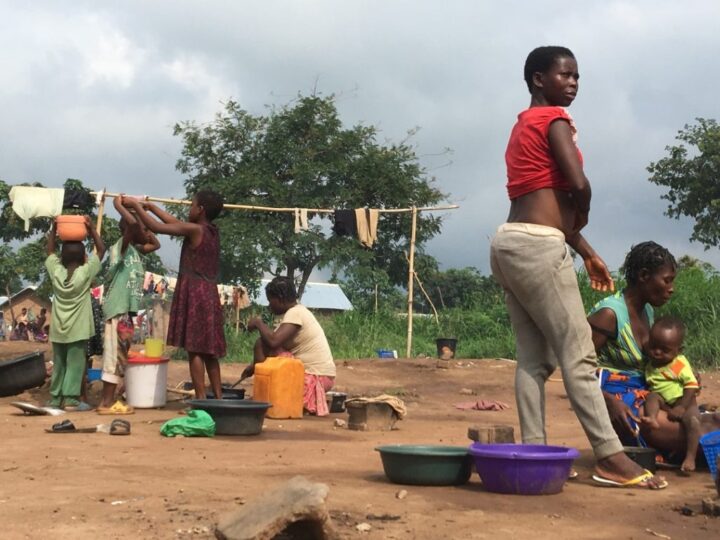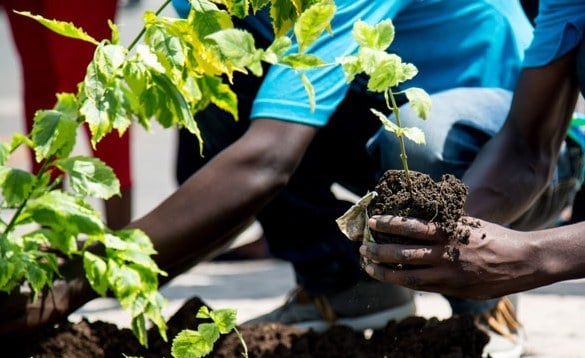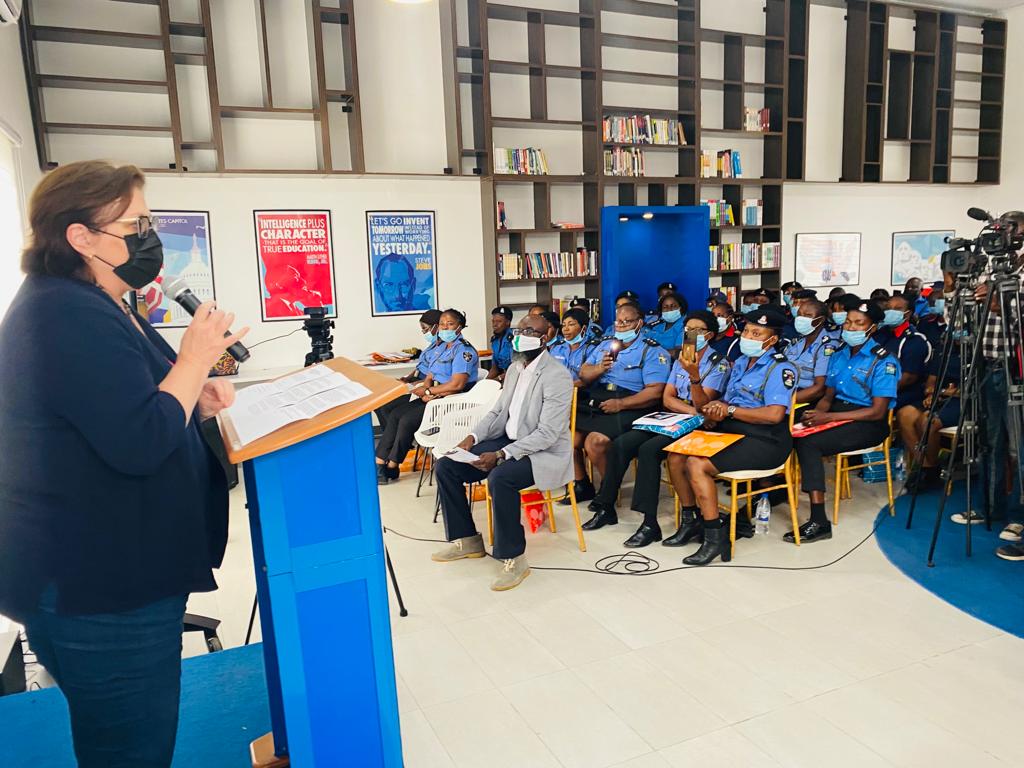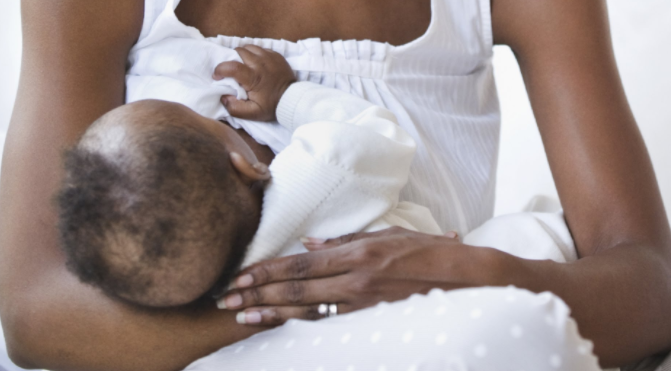The United Nations Children’s Fund (UNICEF) says 20,695 children in Nigeria between the ages of 0 and 9 were infected with HIV in 2020.
Peter Hawkins, the UNICEF representative in Nigeria, disclosed this in a statement on Tuesday.
Hawkins said the COVID-19 pandemic hindered adequate access to HIV treatment services, adding that the situation increased infection rates among pregnant women, children, and adolescents.
“In Nigeria, 20,695 children aged 0-9 years were newly infected with HIV in 2020 – or one child every 30 minutes,” the statement reads.
Advertisement
“In Nigeria, about 30 percent of AIDS-related deaths in 2020 occurred in children. Alarmingly, only about 3.5 percent of the 1,629,427 Nigerians receiving antiretroviral treatment (ART) are children, revealing a big treatment gap.
“In Nigeria, almost eight out of ten new infections occurring in adolescents aged 10-19 occur in adolescent girls, while an estimated 83,000 pregnant women in Nigeria are HIV positive. Only 44 percent of them are on ART, risking continued mother-to-child transmission of HIV.
“The report notes that many countries saw significant disruptions in HIV services due to COVID-19 in early 2020. HIV infant testing in high burden countries declined by 50 to 70 percent, with new treatment initiations for children under 14 years of age falling by 25 to 50 percent.
Advertisement
“Nigeria has the highest number of children and adolescents aged 0-19 years living with HIV in West and Central Africa, with an estimate of 190,000.
“Children and adolescents continue to be left behind in the HIV response around the world. In Nigeria, teenage girls also bear the heaviest burden. We must increase and sustain HIV investments to ensure children are born free of HIV and stay HIV-free throughout childhood and adolescence.
“This is a shared responsibility. The HIV response must be increasingly integrated into all ongoing sector plans. The COVID-19 response presents an opportunity for Nigeria to take big strides to make strategic health system-wide investments that can benefit all children and adolescents. That must include meaningful engagement with all affected communities, especially the most vulnerable.”
Advertisement


